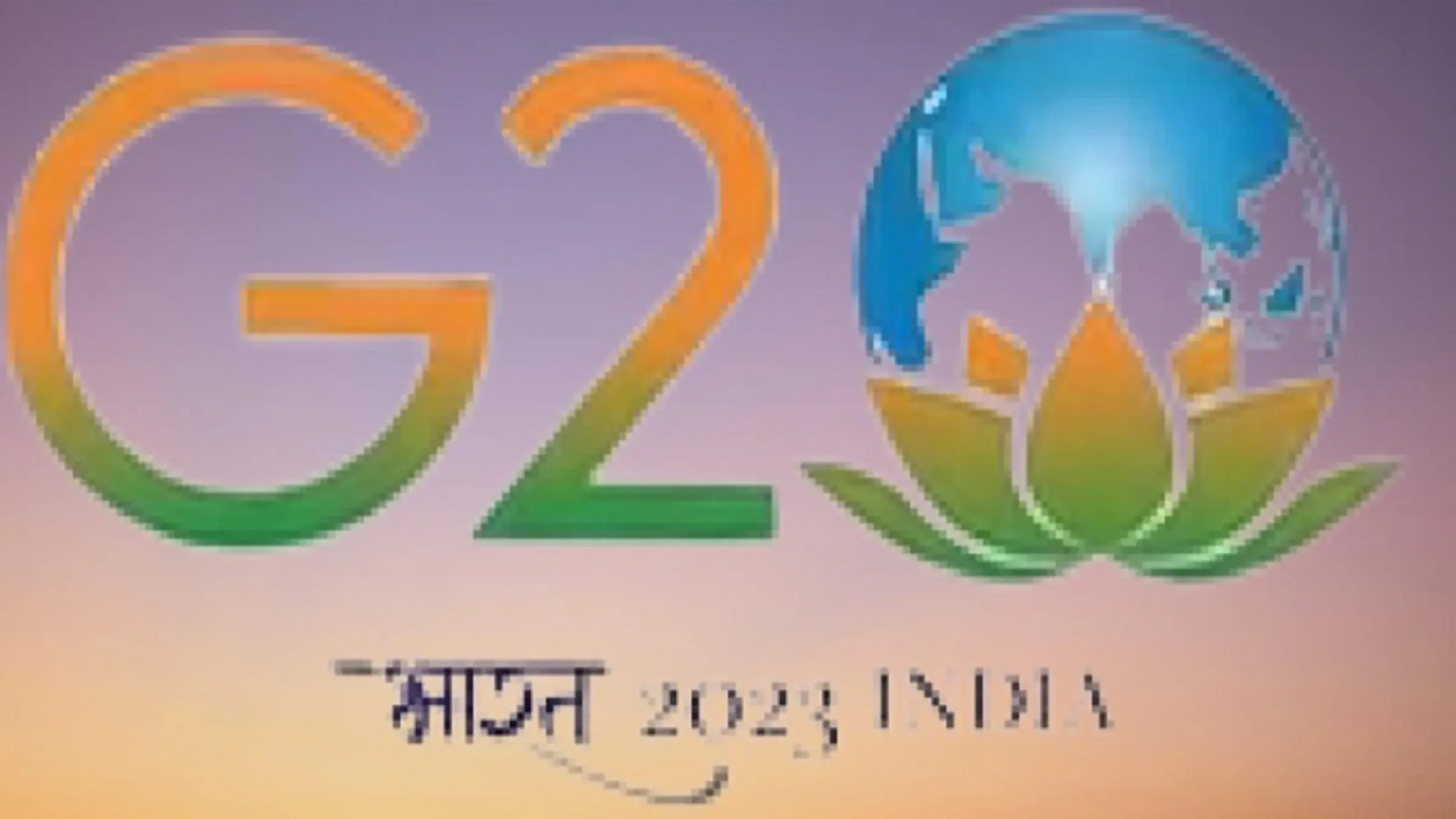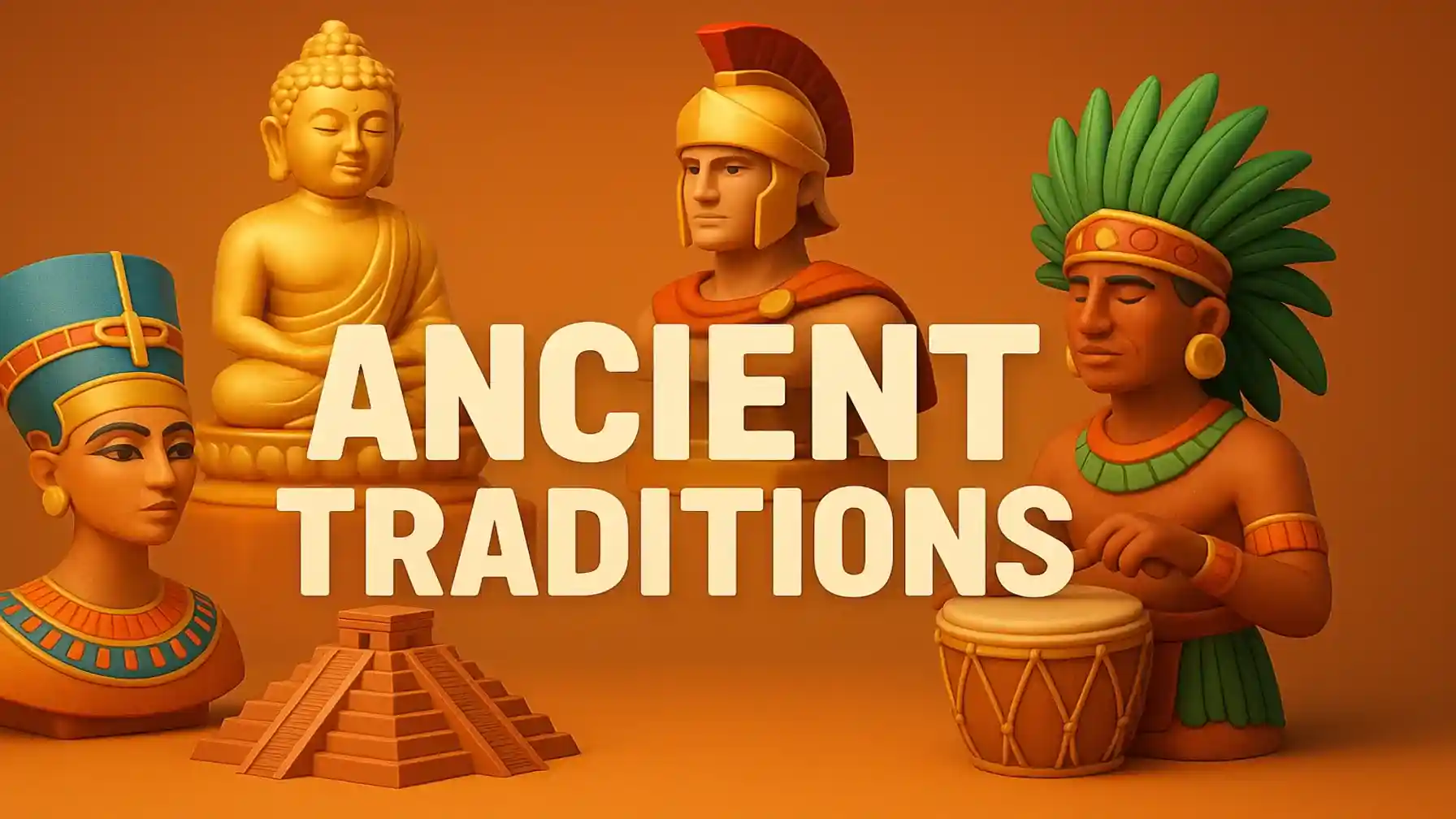Introduction: Unveiling the G20 Summit – A Pillar of Global Cooperation:
The G20 Summit, a critical global event, plays a pivotal role in addressing pressing economic and political challenges. In this comprehensive exploration, we delve into the origins, purpose, and significance of the G20 Summit, tracing its roots back to the formation of the G7 and examining its evolution over the years. Join us on this journey to understand how this global gathering impacts our world.
The G20 Summit: Navigating Global Challenges and Fostering Cooperation:

The G7: A Response to the 1973 Oil Crisis The early 1970s marked a tumultuous period in the world’s economic history, primarily triggered by the 1973 Oil Crisis. This crisis originated when Arab nations imposed an oil embargo, abruptly halting oil exports to countries that supported Israel. Most affected were Western countries, including the United States and Europe, which heavily relied on oil imports from the Middle East. The repercussions were severe, leading to economic recessions of unprecedented proportions.
A Call for Collective Action: Governments worldwide realized that they needed to take collective action to improve their dire economic situations. The key was to bring these nations together, encouraging them to formulate coherent economic policies that could steer their economies back on track. This marked the dawn of informal meetings among finance ministers from some of the world’s most influential countries, primarily the United States, France, the United Kingdom, and West Germany. The primary goal was clear: to collaborate on economic strategies that would aid in their respective recoveries.
Expanding the Circle: The Birth of G6 Two years into these meetings, the circle expanded to include Italy and Japan. The result? The formation of the G6 in 1975. This marked the first official step towards collective economic policymaking among these nations.
Ideological Commonalities at the G20 Summit: Beyond Economics:
Economic Ties and Shared Values: The G7, comprising seven of the world’s most economically developed nations, shared not only economic ties but also common political ideologies. These countries practiced liberal democracy, a political system that placed a high premium on values such as human rights, individual freedom, and a free-market economy. These shared values played a significant role in fostering collaboration among the member nations.
Political Alliances During the Cold War: During the Cold War, these G7 countries were all part of the Western bloc. This shared political affiliation further solidified their unity, as they faced common adversaries and ideological challenges. It was during this period that they began to see the value of aligning their economic policies and goals.
Expansion and Contraction: The G8 Saga
Expanding the G7: The Inclusion of Russia – As the world continued to evolve, the G7 expanded in 1998 to include Russia, becoming the G8. This move aimed to incorporate a nation with substantial global influence, particularly in the context of the post-Soviet era.
A Shifting Landscape: Russia’s Exclusion – However, this expansion was not without challenges. In 2014, Russia’s controversial annexation of Crimea led to its exclusion from the group. The G8 reverted to the G7, a decision made in response to Russia’s actions and their implications for international relations.
Birth of G20: A Response to Global Economic Crises
The G20 Emerges – The G20, in contrast to the G7, emerged in the late 1990s as a response to a different global crisis. In 1997, the Asian Financial Crisis sent shockwaves across the continent, affecting countries like South Korea, Indonesia, and Thailand profoundly. This crisis had far-reaching consequences, even influencing countries beyond Asia, such as China, Japan, Singapore, Taiwan, Vietnam, Australia, Saudi Arabia, Turkey, the European Union, and more.
A Comprehensive Gathering: Today, that is on 9th September 2023, the G20 consists of 19 countries and the European Union. These 20 entities represent the world’s top 20 in terms of economic, political, military, and population influence. The G20’s primary focus is promoting international financial stability, with meetings held annually since 2008. The hosting responsibility rotates among member countries, with the host nation leading discussions and setting the summit’s agenda.
Expanding Focus: Beyond Financial Stability:
Broadening Horizons: Addressing Global Challenges While the G20’s initial mandate was rooted in financial stability, it has progressively broadened its agenda to encompass other pressing global issues. These include climate change, sustainable development, and socio-economic challenges. However, the task of achieving consensus among these 20 countries remains a formidable challenge.
Challenges of Consensus – One of the key hurdles the G20 faces is the diverse set of foreign policies, priorities, -and agendas held by its member nations. Each country enters the summit with its unique set of goals, making it challenging to reach unanimity on complex issues.
G20 Dynamics: A Global Powerhouse:
Economic Influence: The G20’s Collective Impact- The G20 countries collectively contribute to a staggering 85% of the global GDP. They conduct over 75% of global trade and are home to more than two-thirds of the world’s population. This sheer economic influence underscores the importance of the G20 on the world stage.
Inclusivity: Guest Countries and International Institutions – Apart from the 20 member countries, G20 summits often include guest nations. For instance, Spain enjoys a permanent invitation. Host countries can also invite additional nations to participate in discussions. For the 2023 summit, India extended invitations to nine countries, including Mauritius, the Netherlands, Nigeria, Singapore, Spain, the UAE, Bangladesh, and Oman. Furthermore, various major international institutions such as the African Union, the United Nations, the World Health Organization, the World Trade Organization, the International Monetary Fund, and ASEAN are included in G20 meetings.
India as the 2023 Host: A Global Gathering in the Heart of India:
India Takes Center Stage In 2023: India assumes the role of hosting the G20 summit. This is the 18th G20 summit. The United States hosted it twice, in 2008 and 2009. The G20 summit rotates among member countries, giving each nation a chance to host and lead discussions.
The G20’s Role in Shaping Global Economy:
Global Economic Landscape: The G20 Summit has evolved into a powerhouse, steering global economic policies and shaping the international financial landscape. With its member countries representing the lion’s share of the world’s economic output and trade, the decisions made during these summits ripple across the globe.
Economic Stability and Crisis Management: One of the primary responsibilities of the G20 is to ensure global economic stability. During times of crisis, the member nations collaborate to devise strategies to mitigate the impact. For instance, in the wake of the 2008 financial crisis, the G20 played a crucial role in coordinating stimulus packages and regulatory reforms to prevent a complete economic meltdown.
Promoting Trade and Investment: The G20 encourages open and fair trade practices among member nations. They work together to eliminate trade barriers and create a conducive environment for global commerce. The importance of international trade and investment in fostering economic growth is a recurring theme in G20 discussions.
Climate Change and Sustainable Development on the G20 Agenda
Addressing Climate Change: Climate change is one of the most critical challenges facing humanity, and the G20 recognizes its significance. Over the years, G20 summits have increasingly focused on climate-related issues, including reducing carbon emissions, transitioning to clean energy sources, and supporting climate adaptation efforts. However, arriving at a consensus on climate policies is often arduous, given the divergent priorities of member countries.
Sustainable Development Goals: In addition to climate change, the G20 has embraced the United Nations’ Sustainable Development Goals (SDGs). These goals encompass a wide range of objectives, including poverty eradication, quality education, gender equality, clean water and sanitation, and affordable and clean energy. The G20 plays a vital role in mobilizing resources and strategies to achieve these ambitious goals on a global scale.
Digital Public Infrastructure and Women-Led Development
Digital Transformation; In an increasingly interconnected world, digital public infrastructure has emerged as a critical component of economic and social development. The G20 recognizes the transformative potential of digital technologies and strives to harness their power for the greater good. Discussions revolve around digital inclusion, data governance, and the promotion of digital innovations.
Empowering Women in Leadership: Gender equality and women’s empowerment are integral to sustainable development. The G20 acknowledges the need for women’s active participation in all sectors of society, including politics and business. Women-led development initiatives aim to remove barriers to women’s advancement, ensuring equal opportunities and representation.
The Role of G20 Engagement Groups:
Diverse Engagement Groups: In addition to the official G20 meetings, various engagement groups contribute their insights and recommendations to the summit. These groups, including B20 Business Groups, C20 Civil Society, W20 Women, Y20 Youth, and T20 Think Tank, focus on specific aspects of global challenges. They provide valuable perspectives and policy proposals that influence G20 deliberations.
Civil Society’s Voice Civil society organizations, represented by the C20, play a crucial role in holding governments accountable and advocating for policies that benefit marginalized communities and protect human rights. The G20’s inclusion of civil society voices reflects a commitment to transparent and inclusive governance.
The Role of G20 Sherpas:
Personal Representatives of Leaders: The term “Sherpa” may traditionally evoke images of the skilled mountain guides of the Himalayas, but in the context of the G20, it refers to the personal representatives of each member country’s leader. Each nation designates a Sherpa, a high-ranking official who serves as the main point of contact and carries the responsibility of representing their country’s interests in pre-summit meetings.
Behind-the-Scenes Negotiations: The Sherpas engage in extensive behind-the-scenes negotiations and discussions in preparation for the G20 summit. They help shape the agenda, align priorities, and lay the groundwork for fruitful discussions among the leaders. The role of Sherpas is instrumental in ensuring that the summit runs smoothly and efficiently.
The G20’s Impact on International Relations:
Diplomatic Relations and Multilateralism: The G20 summit is not only a platform for addressing global challenges but also a space for diplomatic relations and multilateralism. Leaders engage in bilateral meetings on the sidelines of the summit, fostering dialogue and cooperation on a range of issues. These interactions can have far-reaching implications for international relations.
Promoting Peace and Stability: While the G20’s primary focus is on economic and socio-economic matters, discussions often touch upon broader issues of peace and stability. In an interconnected world, economic stability is closely linked to political stability, and the G20 recognizes the importance of conflict resolution and preventing conflicts that can disrupt global peace.
Preparing for the G20 Summit: A Herculean Task
Logistical Challenges: Hosting the G20 summit is a massive undertaking for any country. It involves extensive logistical preparations, from securing venues to accommodating thousands of delegates and media personnel. Security arrangements are paramount, given the high-profile nature of the event.
Setting the Agenda: The host country assumes the responsibility of setting the agenda for the summit. This entails consulting with member nations, considering their priorities, and crafting an agenda that addresses the most pressing global challenges. The goal is to ensure that discussions are meaningful and productive.
The G20’s Legacy and Future Prospects:
A Legacy of Cooperation Since its inception: The G20 has left a significant mark on global governance. It has played a pivotal role in stabilizing the global economy during crises, addressing climate change, and advancing sustainable development. The legacy of cooperation and consensus-building is a testament to the G20’s enduring importance.
Future Challenges and Opportunities: As the world continues to evolve, the G20 faces new challenges and opportunities. From navigating the complexities of global trade to addressing emerging threats like cybersecurity, the G20 must remain adaptable and responsive. The future of international cooperation hinges on the effectiveness of forums like the G20 in tackling the pressing issues of our time.
The G20 Summit – Navigating a Complex World:
The G20 Summit stands as a beacon of hope in a world characterized by complexity and interdependence. This is a gathering of nations committed to addressing global challenges and promoting economic stability. Consensus among 20 diverse nations can be challenging. Still, the G20’s impact on international relations and global governance is significant. Looking ahead, the G20 will continue to play a pivotal role in our interconnected world, fostering cooperation for a more prosperous and peaceful global community.
Conclusion: The G20 Summit – Navigating a Complex World
The G20 Summit stands as a beacon of hope in a world characterized by complexity and interdependence. The G20 represents nations dedicated to addressing global challenges and promoting economic stability. Achieving consensus among 20 diverse countries can be challenging. However, the G20’s impact on international relations and global governance remains significant. In the future, the G20 will continue to be crucial in our interconnected world. It will foster cooperation for a more prosperous and peaceful global community. Its role remains pivotal.
Also Read –The Bharat vs. India Debate: Historical Insights and Contemporary Controversies








